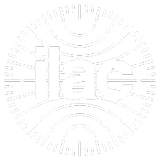Do you want to know how to avoid fines, recalls, and reputational damage when selling toys in the EU market? Suppose you are a toy manufacturer or importer who wants to sell your products in the European market. In that case, you need to comply with EN71 toy safety standards to ensure the safety and quality of your products for your customers and gain access to the lucrative European market.
In this article, we will explain everything you need to know about EN71 and why toy manufacturers and importers must comply.
What is EN71?
EN71 is the European standard for toy safety that was first introduced in 1988. It is part of the
Toy Safety Directive 2009/48/EC (Toy Safety Directive), the main piece of legislation regulating the safety of toys in the European Union. They want to ensure that toys sold in the EU are safe for children.
The Toy Safety Directive defines a toy as “any product or material designed or intended, whether or not exclusively, for use in play by children under 14 years of age”. This means that any product or material that has a play value or is targeted at children under 14 must comply with the Toy Safety Directive and EN71.
What products are subject to EN71?
EN71 applies to all toys or products targeted at children under 14. Some examples of product categories that are subject to EN71 are:
- Electronic toys
- Soft toys
- Educational toys
- Arts and crafts
However, not all products intended for children under 14 are considered toys. Sometimes, distinguishing between adults’ and children’s products can take time. As presented in our recent webinar, specific criteria can help manufacturers know whether their product would fall under the “children’s product” category. These include:
- The play value of the product and how it will be used.
- Where the item is being sold (for example, in a toys section in a retail shop).
- The product’s package, advertisement, or label can make the product fall into the EU definition of toys.
- Products with multiple usages (for example, a pencil sharpener with a clear children-friendly design).
What products are exempted from EN71?
The Toy Safety Directive does not apply to all products for children under 14. Below are some examples of products that are exempted from EN71:
- Playground equipment intended for public use.
- Automatic playing machines intended for public use.
- Toy vehicles equipped with combustion engines.
- Toy steam engines.
- Slings and catapults.
These products belong to other legislation, such as the General Product Safety Directive (GPSD), covering all consumer products in the EU market.
What are EN 71’s safety requirements?
The European standard EN 71 specifies safety requirements for toys and covers all safety aspects for children and their toys – materials, design, construction, assembly, labelling and packaging.
The standard has been divided into 14 different parts. Most toys would fall under the EN 71-1 safety standard, but manufacturers must consider all these risks when designing and manufacturing toys.
These are the standards under the Toy Safety Directive:
- EN 71-1 – Mechanical and physical properties.
- EN 71-2 – Flammability.
- EN 71-3 – Specification for migration of certain elements.
- EN 71-4 – Experimental sets for chemistry and related activities.
- EN 71-5 – Chemical toys (sets) other than experimental sets.
- EN 71-6 – Graphical symbols for age warning labeling.
- EN 71-7 – Finger paints.
- EN 71-8 – Swings, slides, and similar activity toys for indoor and outdoor family domestic use.
- EN 71-9 – Organic chemical compounds – Requirement.
- EN 71-10 – Organic chemical compounds – Sample preparation and extraction.
- EN 71-11 – Organic chemical compounds – Methods of analysis.
- EN 71-12 – N-Nitrosamines and N-Nitrosatable Substances.
- EN 71-13 – Olfactory board games, cosmetic kits, and gustative games.
- EN 71-14 – Trampolines for domestic use.
Although the key parts of the toy standards are rarely changed, it is important to be aware that updates do occur, which will often be very specific and detailed. For example 2019, the European Commission published a new version of EN 71-3, which lowered the limit values for certain elements such as lead, chromium, and arsenic. You can find the latest version of the toy standards on the European Committee for Standardization (CEN) official website.
EN71 testing
EN71 testing is a process that involves testing a product to assess whether it is compliant with the requirements under the Toy Safety Directive and EN71. The type of tests depends on which EN71 standard the product falls under, and it can vary from testing the product’s flame retardant properties and substance restrictions to electrical safety.
The major types of toy safety tests include:
- Mechanical and physical test
- Flammability safety test
- Chemical analysis: For example, heavy metal, phthalates, formaldehyde, and AZO-Dye.
- Toy safety test
- Age warning labelling
- Training and consultation on toy safety issues
- Abuse test
- Warning label
- Tracking label
What are the benefits of being certified with EN71?
A manufacturer or supplier that states their
children’s products are EN71 certified means that the company has tested the product to ensure it meets the safety standards set by European legislation. The company would then have an EN 71 test report limited to the particular material or product specification subject to the test.
However, it is important to note that there is no official certification body or mark for EN71 compliance. The responsibility for ensuring compliance lies with the manufacturer or importer of the product. Therefore, verifying the validity and scope of the test report before purchasing or using a product that claims to be EN71 certified is advisable. You can also request a copy of the test report or certificate from the supplier or manufacturer.
Conclusion: How to comply with EN71 Standard in 2023
Complying with EN71 toy safety standards in 2023 is a legal obligation and a competitive advantage. EN71 compliance shows your commitment to the safety and well-being of your customers, the environment and social responsibility. You can also access the lucrative European market and stand out.











